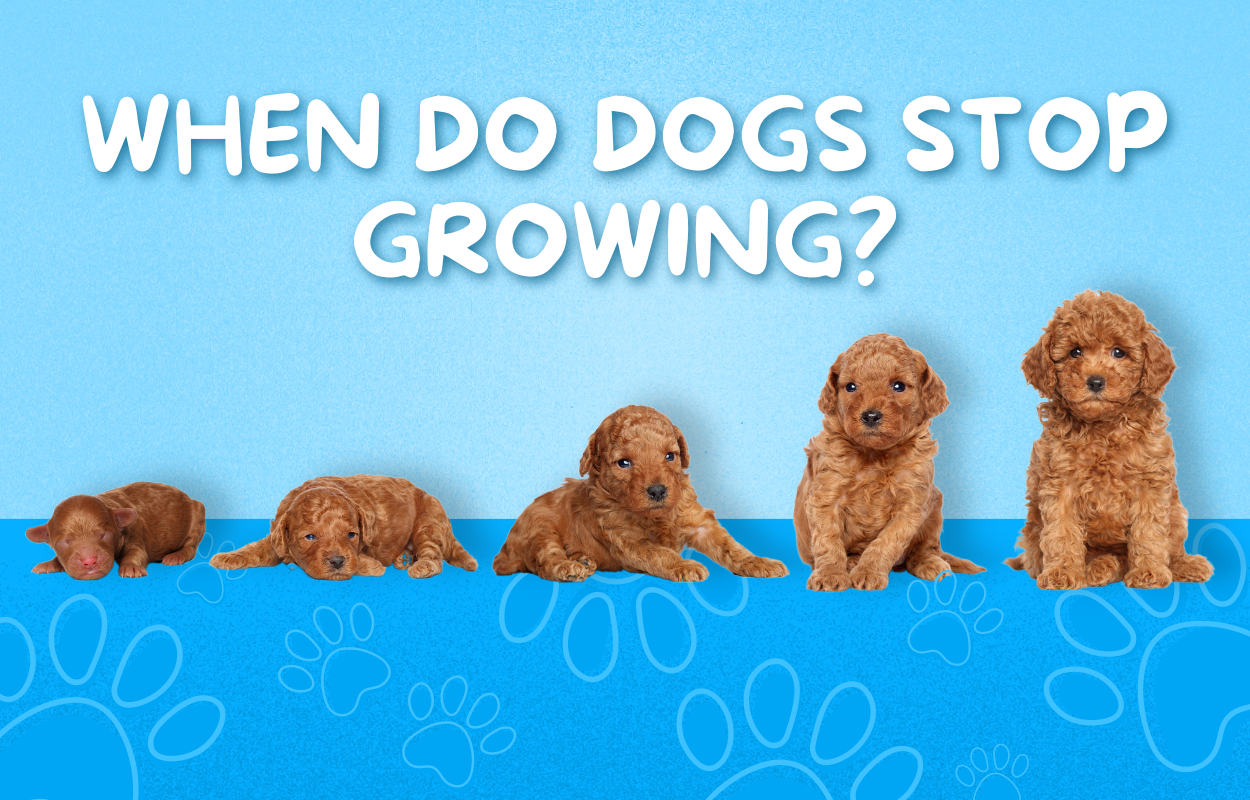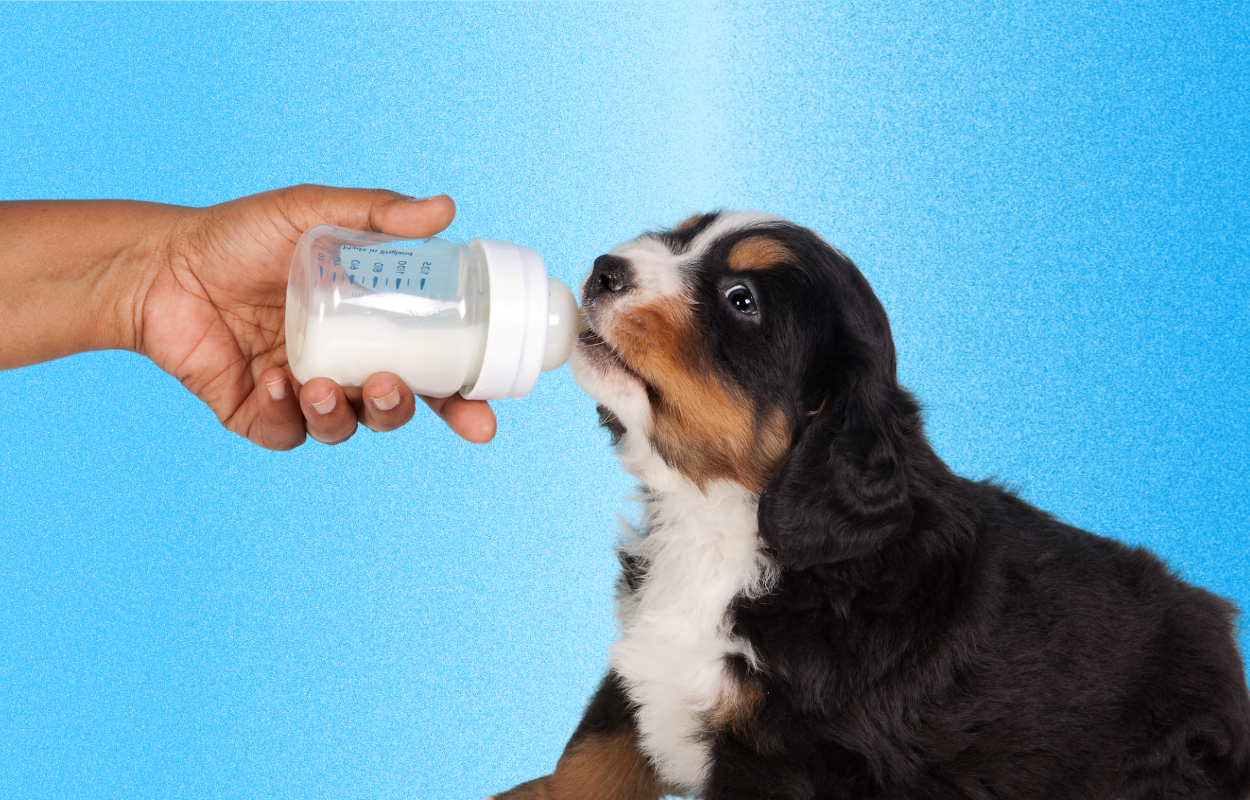
When Do Dogs Stop Growing?
January 13, 2023The size and rate at which dogs grow can vary greatly depending on their breed and genetics. In general, most dogs will stop growing by the time they reach one year of age, although some larger breeds may continue to grow until they are 18 months to 2 years old.

So when do dogs stop growing? As a dog gets older, its rate of growth begins to slow down. This is because the dog has reached the end of its growth phase and is no longer growing at the same rate as it did when it was a puppy.
Why Do Dogs Stop Growing?
Dogs stop growing because they have reached the end of their growth phase, which is determined by their genetics and breed. When a dog is born, it has a lot of growing to do in order to reach its full size. This process is influenced by a variety of factors, including nutrition, exercise, and overall health.
During the first few months of a dog's life, it grows very quickly. This rapid growth slows down as the dog gets older and eventually stops altogether when the dog reaches its full size. The age at which this happens can vary, but it typically occurs between 1 and 2 years of age, depending on the breed.
Once a dog has stopped growing, it will maintain its size and weight as long as it is given proper nutrition and exercise. It is important to feed your dog a balanced diet and provide them with adequate exercise to help them reach and maintain their optimal size and weight.
Should I Worry If My Dog Stops Growing?

It is normal for dogs to stop growing at some point, and there is usually no cause for concern if your dog has reached its full size. However, if you are concerned about your dog's growth or development, it is always a good idea to consult with a veterinarian.
There are some situations in which a dog may stop growing prematurely or may not grow at all. This can be caused by a variety of factors, including malnutrition, illness, or a hormonal imbalance. If a dog is not getting enough nutrition, it may not grow at the expected rate or may stop growing altogether. Similarly, if a dog is sick or has a medical condition that affects its growth, it may stop growing prematurely.
Most people are now recommending salmon oil to dog owners who are trying to keep their pets healthy. Salmon oil for dogs consists primarily of omega-3 & 6 fatty acids that support your pet's overall health by providing nutrients and vitamins. Make sure you are giving them a fully balanced diet that includes salmon oil.





The Final Size Of Your Dog
If you are concerned that your dog has stopped growing, the first thing you should do is consult with a veterinarian. They will be able to assess your dog's overall health and determine if there is a medical reason why your dog has stopped growing.
If the veterinarian determines that your dog is healthy and has simply reached its full size, there may not be any further action needed. However, if the veterinarian determines that there is a medical issue that is affecting your dog's growth, they will work with you to develop a treatment plan. This may involve medications, dietary changes, or other interventions. But if you think your dog has reached their age limit for growing, you do not have to be concerned or worried if your dog does not grow anymore.

